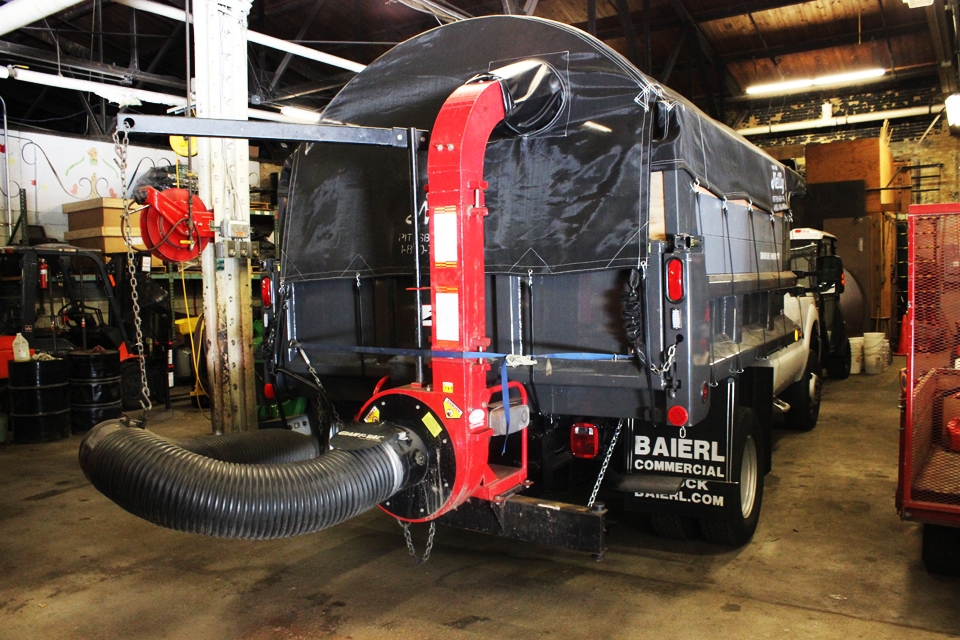
By Pat Higgins | Asst. Sports Editor
Twenty states across the country have legalized marijuana for medicinal purposes. A growing number of constituents across Pennsylvania are working to make this state the 21st.
Senate Law and Justice Committee Chairman Chuck McIlhanney (R-Bucks) oversaw a hearing in Harrisburg on Tuesday afternoon introducing Senate Bill 1182 and exploring the issue of legalizing medical marijuana.
Senators from across the state gathered in the capital to hear testimony from parents of epileptic children, war veterans and advocates of the Compassionate Use of Medical Cannabis Act, drafted by Senator Mike Folmer (R-Dauphin/Lebanon/York) and Senator Daylin Leach (D-Mongomery/Delaware.) The hearing was called to gather information on the issue and answer questions about possible uses of medical cannabis for sick children and adults across the state.
Folmer, a cancer survivor, said in a statement released on his website that he believes that under the guidance of a medical professional, “patients should have every opportunity to combat their illness and have the liberty and ability to use cannabis as a weapon in their arsenal of treatment.”
“Medical cannabis has been proven effective across the nation, but unfortunately, Pennsylvania patients have no access to the natural plant,” he said. “By prohibiting the use of medical cannabis I believe we are denying our most vulnerable citizens an improved quality of health, and therefore life.”
Sen. Jim Ferlo (D-Lawrenceville), who co-sponsored the bill, voiced his support in his opening remarks at the hearing.
“[When] I consider landmark legislation I think very clearly the facts, the science and the social impact of passing this bill is long overdue,” he said. “I want to express my support for this bill for two reasons: common sense and downright compassion.”
He called the meeting “the first start in a very important step towards a significant legislative and advocacy effort that will hopefully move forward.”
Pennsylvania lawmakers heard first-hand accounts from parents of children suffering from epilepsy searching for a final remedy, a factor that led the Pennsylvania State Nurses Association (PSNA) to endorse the bill on Thursday, Jan. 23.
According to CEO Betsy Snook, there are children with epilepsy and other seizure-related diseases who suffer up to 200 seizures per day.
“I’ve spoken with some mothers personally who have had up to 60 per day. These are just sad stories … don’t forget when they have a seizure it affects everything. Multiple seizures over time will seriously affect their cognition. These parents are looking for help.”
That said, Snook confirmed her organization’s support for the bill, calling for additional research proving the ethicality of “medical cannabis for certain disease processes.”
The federal government currently classifies marijuana as a Schedule I drug, grouped with the likes of heroin and ecstasy, which are said to have no accepted medical use and high potential for abuse, according to the Drug Enforcement Administration. Snook believes that additional research on the benefits of medical cannabis can debunk that classification.
“I think anytime we can do more education about the real therapeutic use and the myths that surround [medical cannabis] is extremely important,” she said. “We advocate for continuing education on the subject. We have to continue to press both the federal government to reclassify this drug as a schedule II drug so we can do more strides to benefit drug risk.”
Though Tuesday’s hearing was an exploratory look highlighting the increasing support for medical marijuana in Pennsylvania, the bill is considered a step in the right direction for advocates of medical cannabis.
Ferlo estimates about “17 or 18 democratic senators that would vote for this bill,” and says he’s spoken to a number of Republican colleagues.
“Many of them are sympathetic to this bill,” he said.
The bill will first be put up for a formal vote on the Senate Law and Justice Committee. From there, it would go to the Appropriations Committee and then to the House of Representatives and Senate.
But Governor Tom Corbett has indicated he staunchly opposes any sort of legalization in the state of Pennsylvania and has vowed to veto any sort of legislation that comes across his desk, a notion that has sparked outrage in the political community.
Mike Fraser, chief executive officer of the Pennsylvania Medical Society, told the Senate committee the issue is “extremely controversial” within the medical community. However, physicians would like to see the federal government reclassify the drug to allow more research.
“We want to focus the discussion on building a better body of evidence that allows physicians and other providers to make science-based decisions about the use of marijuana in the treatment of their patients,” Fraser said.
“86 percent of the voters support medical cannabis. Tom Corbett and legislators who are opposing or who are not passing this on an emergency basis, are supported by 14 percent of the voters,” he said. “It is unspeakable what Tom Corbett is doing. He is harming these children, he is harming these families.”



